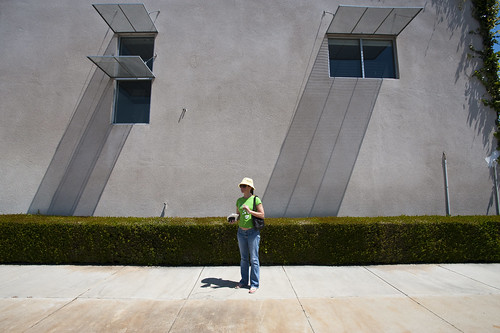No one should be allowed to do what they’re diploma (or whatever..) says, especially if they have three of those diplomas — e.g. BS, MS, Ph.D. all in Computer Science or whatever. Should be a law. The other law? Switch what you do every 3-5 years..really. Versatility & variety & polymathic approaches to doing things. Depth through expanse and experience beyond chasing the same stuff for an entire education, or an entire career.
Why do I blog this? A CV received from a willing candidate in a topic area I am curious can do one thing quite well, but only one thing. It made me think about how flexibility and agility can be expressed in education and skilling. How do you retool yourself in a context such as the current crisis (trust, credit) we are in? Especially as the discipline in question — three degrees all told — becomes increasingly commoditized with overseas South, East and Southeast Asian “knowledge” workers (the new blue collar) willing to work in their local economies for 30, 40, 50, 60 percent less than their counterparts in North America or Western EU. (Partially because they can afford to, but also because the expectations for materializing one’s wealth are a quite strong — or were — motivator in the western contexts.)

I have a lot of sympathy for your critique of a certain approach to interdisciplinarity. However, the description of your laws made me think back on Bill Cockayne’s discussion at lift08 on the 4 main roles people exhibit in the process of innovation. The specialist with depth in one particular discipline does not necessarily play the part of the new blue collar. I am actually wondering if adding breadth to gain the ability to discuss across disciplines does not lead, in some cases, to incompetence; you know some sort of horizontal Peter Principle.
You’re right — the laws were instinctive and reactions in a way. Continuing the discussion here (as elsewhere, between many people over time), it is likely not the degrees themselves, or their movement, within the same problem space and discipline from apprentice, journeyman, expert, but ways of seeing the world and developing new kinds of filters. Like — new ways of making knowledge and accepting different “frameworks” or epistemes in order to move beyond the established, bounded, disciplined knowledge. Which, I don’t know — can come from pushing beyond the same sets of questions and problems. I think this idea of continuing through school without coming around to ask truly different questions, with different senses of what “counts” as knowledge, and what “counts” as ways-of-doing. You know?